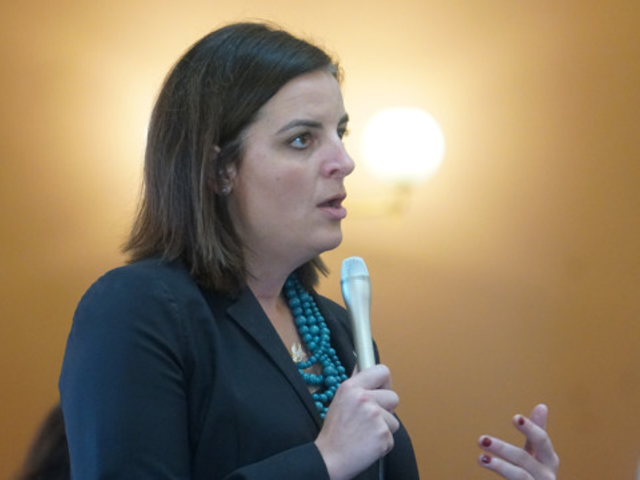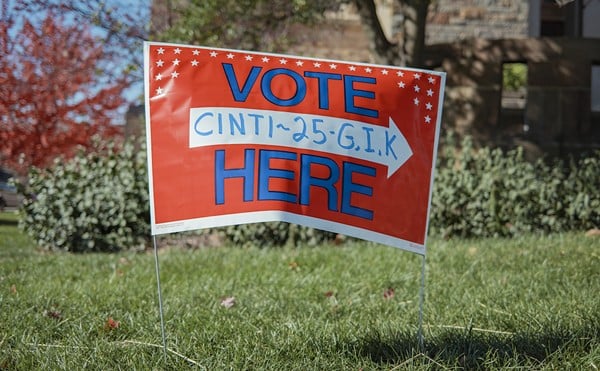In the past, Ohio — like many states throughout the country — focused law enforcement efforts against prostitution on sex workers themselves.
But two bills introduced in the Ohio General Assembly today are aimed at shifting that focus toward johns and pimps — those who pay for sex and those who profit off of sex workers.
Currently, the state only has a single law against prostitution that is applied to both johns and to sex workers. One of the proposed new bills would create a separate misdemeanor offense specifically for those caught buying sex. First-time offenders would be required to go to and pay for informational classes about sex trafficking. A second offense would land a person in jail for 30 days. A third offense would be a 60-day jail sentence.
Republican State. Sen. Tim Schaffer introduced the Senate version of the bill, while State Reps. Jena Powell, Rick Carfagna and Cindy Abrams, all Republicans, introduced the House version.
Another bill would create a new offense for receiving money or other assets that changed hands via sex work beyond the initial transaction — a move designed to go after those who traffic sex workers. That bill would levy a first-degree misdemeanor charge for first-time offenders and a felony charge punishable by up to 18 months in jail for a second offense, with three years in prison for further offenses.
If passed, the legislation would also create a public registry similar to a sex offenders registry for those convicted of paying for sex or profiting off of sex workers.
Ohio Attorney General Dave Yost's office suggested the proposed laws. While sex work — especially coerced sex work — is difficult to track, Ohio is fourth in the nation for calls to the National Human Trafficking Hotline.
Yost said last week at a news conference announcing the legislation that the aim of the registry is to cut down on demand for sex work by shaming those who pay for it.
Some local programs and court dockets strive to treat those caught up in non-voluntary sex work as people needing help instead of as criminals. But the state still has some progress to make toward that end, officials like Yost concede. Ohio is one of 21 states in which minors can still be charged with prostitution and those over the age of 15 must prove they were coerced into sex for money to avoid facing criminal penalties.






